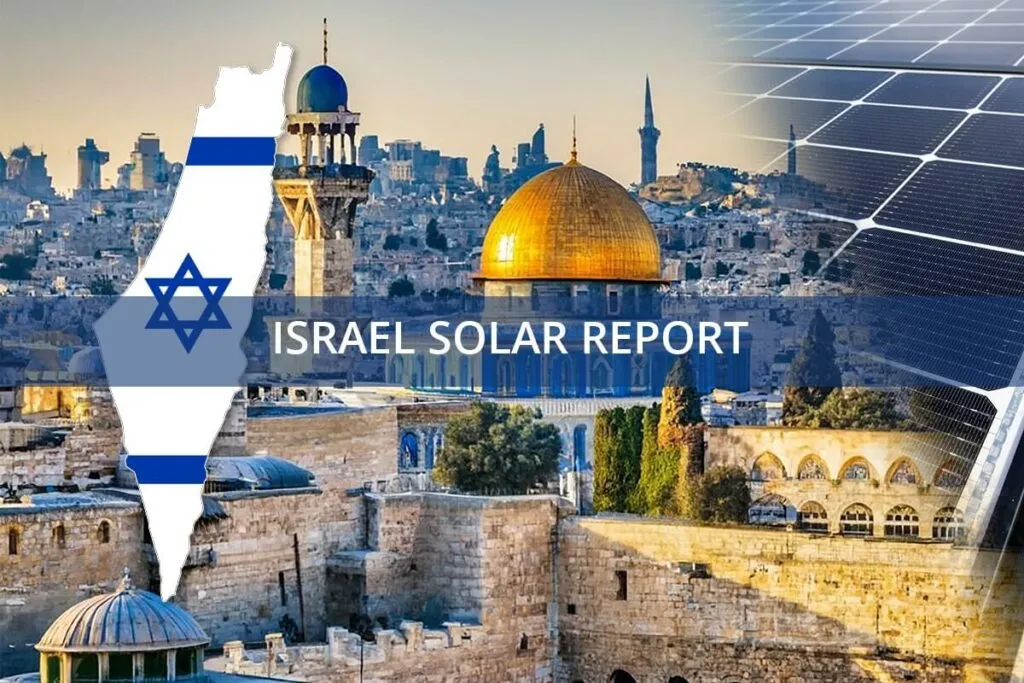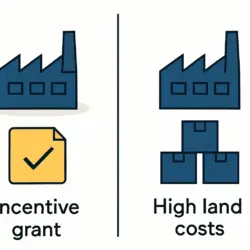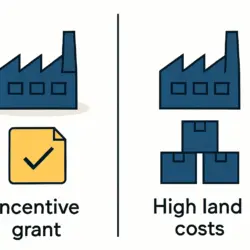In a region grappling with a severe water crisis, the United Nations has taken a significant step by installing a solar-powered desalination plant. This initiative originally aimed to provide clean drinking water to 40,000 residents in the town of Al-Mawasi, a community that has long struggled with access to safe water. Today, as the humanitarian situation intensifies, such projects have become even more critical lifelines.
Gaza solar desalination Plant
The pilot project in Al-Mawasi relies on solar panels to power the desalination process, which converts seawater into potable water. This environmentally friendly approach not only addresses immediate water needs but also reduces reliance on fossil fuels, a key goal as nations worldwide seek to expand renewable energy. The technology behind this, from the solar panel raw materials to the final assembly, represents a sustainable path forward.
Ali Al-Moussawi, the spokesperson for the United Nations Office for Project Services (UNOPS), explained that the plant uses a dual desalination process. It first removes salt from seawater and then treats the water to meet drinking standards. Each phase of the process is powered by solar energy, making the plant both efficient and sustainable.
The plant can produce up to one million liters of potable water per day. The project was funded by the Islamic Development Bank and implemented by UNOPS in coordination with local authorities. This initiative is part of a broader UN effort to provide safe drinking water, with similar solar PV projects being supported globally. More recently, in the face of widespread infrastructure damage, the UN and its humanitarian partners installed another solar panel for a desalination unit in Deir al-Balah as part of an emergency response.
Impact on the Community
The new desalination plant is expected to significantly improve the quality of life for Al-Mawasi residents. Muhammad Al-Rashi, a resident of the area, expressed relief that the plant will provide an alternative to the unreliable and expensive water supply they currently depend on. For years, residents have relied on water trucks to deliver potable water, which is often unaffordable for many families.
This local relief is set against a devastating backdrop. According to the Palestinian Water Authority (PWA), 97% of the water in Gaza is unfit for human consumption. The combination of population growth, pollution, and overuse of the coastal aquifer has led to a severe water crisis. The coastal aquifer, the only natural water source for Gaza, is rapidly depleting, with 200 million cubic meters extracted annually while only 60 million are replenished. Recent conflict has exacerbated this dire situation, with estimates suggesting much of Gaza’s critical water infrastructure has been damaged or destroyed, heightening the risk of disease.
Long-Term Solutions Needed
The solar-powered desalination plant in Al-Mawasi is a crucial step, but it is only part of the solution. The PWA estimates that Gaza’s water needs will reach 260 million cubic meters per year by 2030, a gap the aquifer cannot possibly fill. This highlights the urgent need for sustainable water management solutions, similar to how other nations are undertaking ambitious solar energy expansion to meet future demands.
International efforts have been ongoing. In 2018, construction began on a large-scale desalination plant with funding from the European Union, the World Bank, and the Islamic Development Bank. However, progress on such large infrastructure projects is fragile. The UN Development Program now estimates that tens of billions of dollars will be required to rebuild Gaza, a monumental task complicated by ongoing aid and fuel restrictions.
The solar-powered plant in Al-Mawasi serves as a vital model for the future. By harnessing renewable energy, the plant offers a decentralized solution that is less vulnerable to grid failures, a strategy used elsewhere to tackle a national energy crisis. However, more investment in infrastructure and technology is needed. Understanding the solar panel manufacturing plant cost breakdown is essential for scaling up these efforts effectively.
As Gaza continues to face severe water shortages, these solar-powered desalination plants offer a glimmer of hope. The project demonstrates the potential of renewable energy to address critical humanitarian needs. With continued international support and a commitment to rebuilding, Gaza can work toward a more sustainable and secure future for its residents.
To learn more about the fundamentals of solar power and its applications, explore our free e-course.



